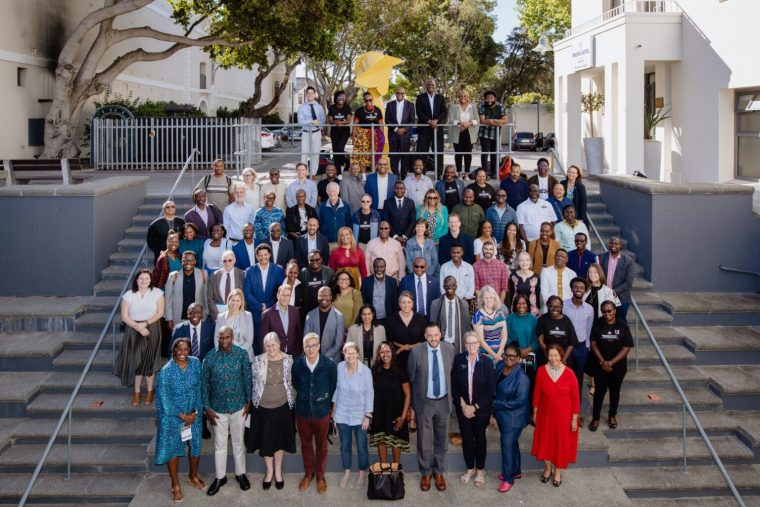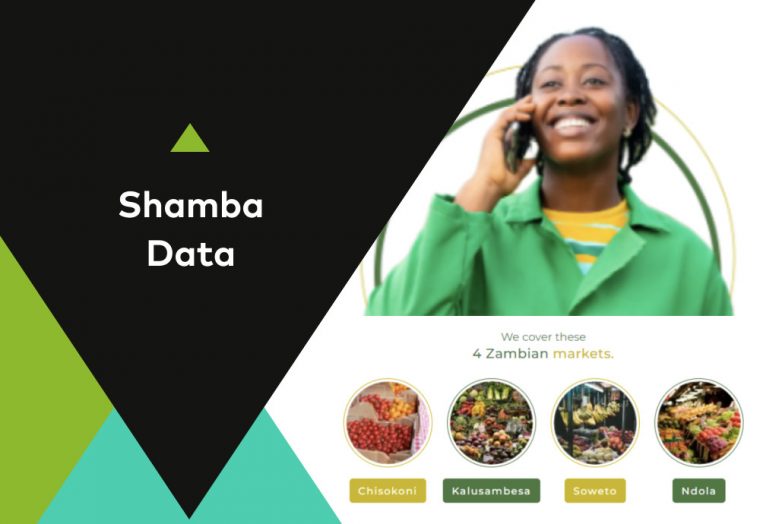During his participation in an African Artificial Intelligence (AI) Hackathon, Kondwani Ngulube was motivated to tackle the challenges that afflict the agricultural industry. To substantiate his findings, he conducted interviews with over 100 agricultural stakeholders and farmers. Notably, he discovered that obtaining clean and accurate data on the agriculture supply chain, such as market intelligence, crop inputs like feed and modern production techniques, was a significant issue across the industry.
As a result, Kondwani joined forces with Brighton Mboya to develop a prototype that would address this challenge. After winning the African AI Hackathon, they co-founded Shamba Data, a venture that employs AI to connect African farmers to the agriculture supply chain. At present, Shamba Data serves as an agricultural data hub for Zambian farmers, providing them with real-time market intelligence for the Zambian industry.
What is the accomplishment to date that your team is most proud of?
Shamba Data has already onboarded over 350 farmers onto its platform, and the venture is scheduled to launch by mid-July 2023. The company is on track to generate nearly $2000 in revenue during its first month of operation.
If you could give advice to another founder getting started, what would that be?
“First, find a great co-founder. Next, talk to users early to spot their problems. Then build an MVP fast to solve those problems. Keep iterating on your prototype using user feedback. Finally, figure out if they are willing to pay for it. In the beginning, I think this is what matters most.”
Looking forward, Shamba Data plans to acquire more than 2000 farmers to their platform by the end of 2023. They are also building an online platform that will connect farmers to buyers and agricultural input suppliers with ease.

You can learn more about Shamba Data
More News & Events
Skip scroller content
From Clinics to Communities: Rethinking Maternal and Newborn Health in Africa
Dr. Henry Kilonzo explores evidence-based lessons from Kenya and Ethiopia about redesigning health systems for safe motherhood.
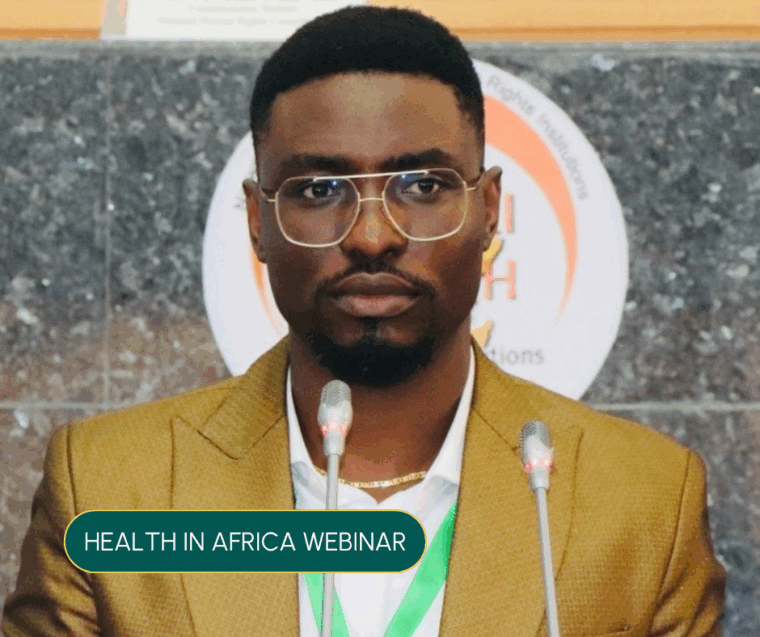
Building Inclusive Health Systems for People in Contact with the Criminal Justice System in Africa
Join this webinar to explore how Africa can build inclusive health systems that protect the dignity, safety, and well‑being of people who come into contact with the criminal justice system.
Dignity, Data, and Disruption in Africa’s Health Systems: A Young Leader’s Reflection
John Nyagaka, a Mastercard Foundation Scholar and AHC Young Leaders Table Chair, reflects on his transformative experience at the 2025 Annual Convening.
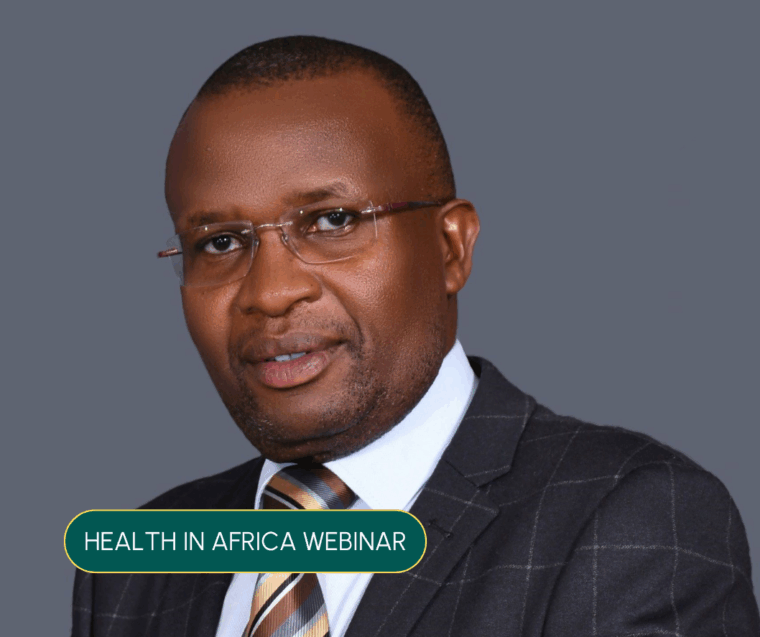
What Works: Improving Maternal and Newborn Health in Kenya and Ethiopia
Join this webinar to explore how community-led systems and digital innovations, in partnership with local leaders, are scaling sustainable healthcare impact and delivering life-saving care for mothers and their newborns.
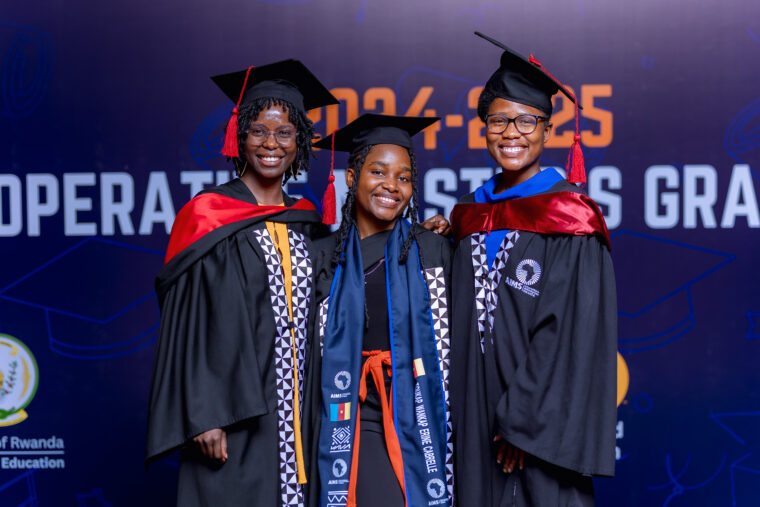
Apply for the AIMS Master’s in Mathematical Epidemiology (MathEpi) Scholarship
Apply for the 2025 AIMS MathEpi Master’s program. Fully funded scholarships for African students in statistics and public health. Deadline: March 15.

Apply for KNUST’s CPD-Eligible Short Courses in Health Systems and Services Management
Applicants must meet the following requirements to qualify for the scholarship: Short Courses and Timelines 23rd – 27th February 2026: Emergency Preparedness and Response to Epidemic/Pandemic-Prone Diseases 10th – 14th February 2026: Community Emergency Care 24th – 27th February 2026: Palliative Care Module 1 23rd – 27th March 2026: Introduction to Healthcare Quality Improvement (IQI) […]
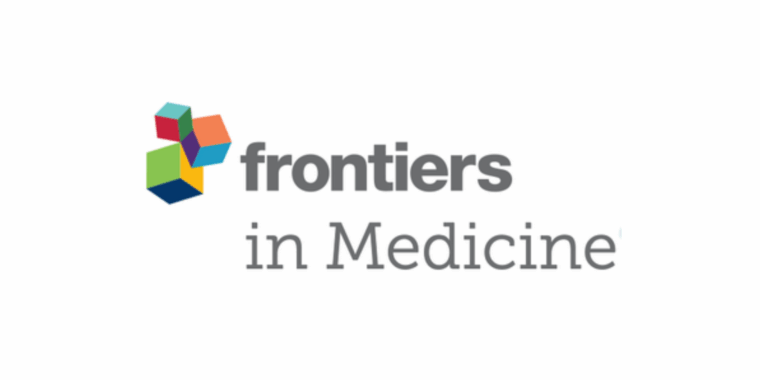
Call for Insights & Stories: Frontiers Opens Special Collection for AHC Partners
The Africa Health Collaborative (AHC) is pleased to share an exciting opportunity for all AHC institutional partners to share original research, reviews, case studies, policy briefs, perspectives, and reflective pieces in a new article collection titled “United in Partnership: Academic Collaborations for Primary Health Care Transformation” by Frontiers in Medicine. This special collection is being […]
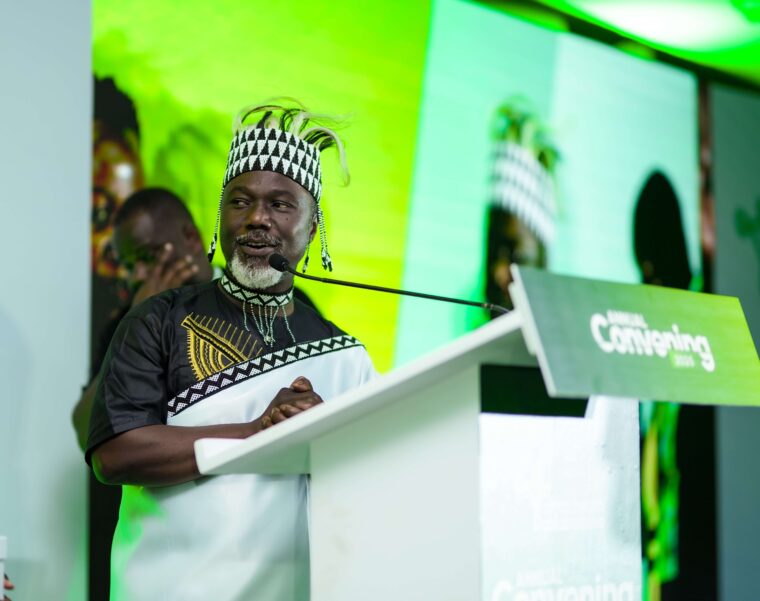
A New Chapter of Collaboration: AHC Welcomes Prof. Joachim Osur as Executive Steering Committee Chair
The Africa Health Collaborative (AHC) has announced Prof. Joachim Osur, Vice Chancellor of Amref International University, as the new Chair of the Executive Steering Committee (ESC). The symbolic handover took place during the closing ceremony of the 2025 AHC Convening in Rwanda, held in October 2025. This marks a significant leadership transition from Prof. Nhlanhla […]
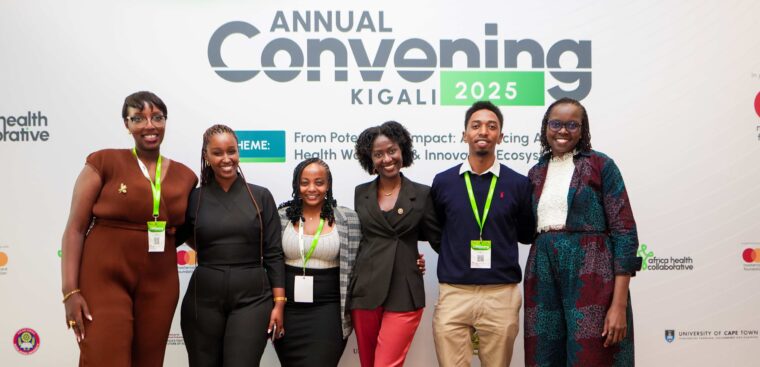
Africa Health Collaborative 2025: Driving Transformative Change in Primary Healthcare Future
Last October, over 170 policymakers, health experts, academics, and youth innovators from 14 countries came together for the Africa Health Collaborative’s (AHC) 2025 Annual Convening, hosted by the African Leadership University (ALU) in Kigali, Rwanda.

Engineering Dignity: Designing Low-Cost Prosthetics in the University of Cape Town’s MedTech Lab
Read about how Jemila Abdulai’s internship at UCT’s MedTech Lab strengthened her commitment to human-centered engineering, demonstrating how affordable innovations like the ADL Arm can expand access, restore dignity, and transform lives in underserved communities.
